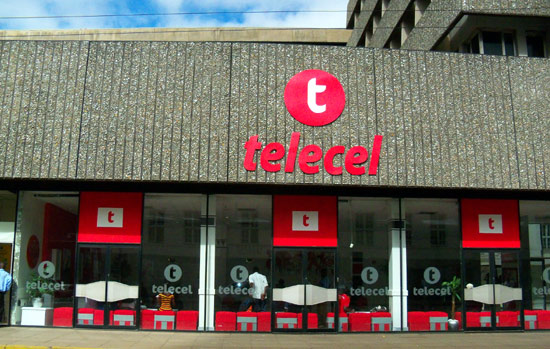$50m bond facility RBZ arranges issuance of coins
Harare Bureau
The Reserve Bank of Zimbabwe has arranged a $50 million bond facility to back the issuance of special coins meant to ease change shortages in the country. According to the Monetary Policy Statement released last week, the central bank is planning to import special coins with similar value to US cents.
RBZ Governor Dr John Mangudya told an RBZ Debt Assumption Bill breakfast meeting organised by Southern African Parliamentary Support Trust yesterday that a lot of concerns over the shortage of coins had been raised and the central bank is on the front foot to correct the situation.
“The most notable reason given by the Retail Association of Zimbabwe, businesses and individuals across the nation for the discrepancy of prices in Zimbabwe and the rest of the world is the lack of change within the economy to the extent that sweets and tokens/vouchers are issued as change to the general public.
“It has also made pricing of products difficult as goods have to be round off to the nearest dollar.
“We had to arrange a $50 million bond facility which is a United States dollar bond for coins. These coins are supported by the bond that we have secured to support the issuance of these special coins.”
In order to ameliorate this problem of change and its unintended consequences on the price levels in the economy, the Reserve Bank shall be importing special coins of 1c, 5c, 10c, 20c, and 50c whose values would be at par with the US cents.
Dr Mangudya said the country cannot have a US dollar which cannot be divided into small units.
He said the RBZ could have imported pure coins from the United States but freight charges on the imported coins is much higher than the value of the coins.
However the RBZ has been in negotiations with banks and the Bankers Association of Zimbabwe on whether to import the coins and then sell them.
“We have been discussing with players in the banking sector and BAZ. We want to ensure that whatever we do, we do it well to avoid mistakes of the past,” said Dr Mangudya. These coins are set to be distributed to business through normal banking channels from the Reserve Bank.
However, it was reported a couple of years ago that banks were stuck with over R8 million in coins as retailers had shown reluctance in using them because of the purchase cost and the exchange rate prevailing at that particular time. Economists fear the same problem would also arise.







Comments